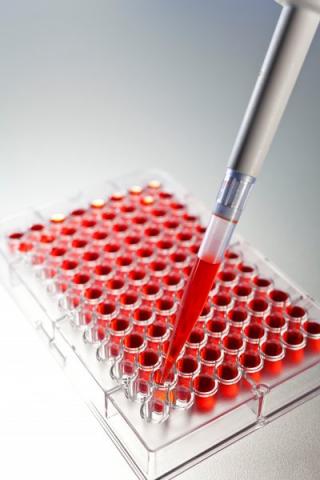Can you help prevent the spread of hepatitis on World Hepatitis Day?

The Public Health Agency (PHA) is encouraging people who think they may be at risk of hepatitis B or C to get tested and prevent the spread on World Hepatitis Day (28 July).
Viral hepatitis is a group of infectious diseases known as hepatitis A, B, C, D, and E. It kills 4,000 people every day worldwide and, although not very common in Northern Ireland, it is estimated 400 million people across the globe are infected. These infections can be prevented, but most people don't know how.
The two main types of hepatitis are B and C, they lead to chronic disease in hundreds of millions of people and, together, are the most common cause of liver cirrhosis and cancer worldwide. The hepatitis B and C viruses are spread by contact with blood or bodily fluids of an infected person.
Dr Lucy Jessop, Consultant in Health Protection at PHA, explained: “Despite not being common in Northern Ireland, hepatitis B and C are extremely serious, potentially life-threatening infections.
“Hepatitis B tends to be contracted from mother to baby or from contact with infected blood in areas of the world where hepatitis B is more common. In Northern Ireland, new infections with hepatitis B tend to be more often from sexual contact.
“Hepatitis C is more commonly associated with sharing needles or equipment for injecting drugs. It can also be spread by having had a tattoo or body piercing using non-sterile equipment as well as injecting drugs.
“We are encouraging people to come forward for testing if they could potentially be at risk of having contracted hepatitis, for example if they have ever injected drugs, even if this was only once or some time ago.
“Testing is also recommended if you were born in, or had a blood transfusion in, a higher risk country, which includes Eastern Europe, many parts of Asia, Africa and South America.”
Both hepatitis B and C are diseases that people can have for many years without developing any symptoms. However, they may be passed on to other people during this time and can lead to liver damage (cirrhosis) and liver cancer."
It is also important to know about how to avoid becoming infected. You can reduce your risk of infection by:
• Practising safer sex.
• Avoiding getting tattoos abroad where hygiene standards may not be good.
• Not sharing personal materials that may come into contact with blood (for example, needles, razors, toothbrushes, nail clippers) Injecting equipment can be obtained from various needle exchange sites across Northern Ireland to reduce the risk.
• Getting vaccinated against hepatitis B if you are in a risk group (there is no available vaccine for hepatitis C, however treatment for hepatitis C is improving all the time).
If you’re worried about hepatitis B or C talk to your GP about getting tested. For more information see www.worldhepatitisday.org and www.hepbandcni.net
The PHA website also has information on hepatitis at http://pha.site/hepbandc.
